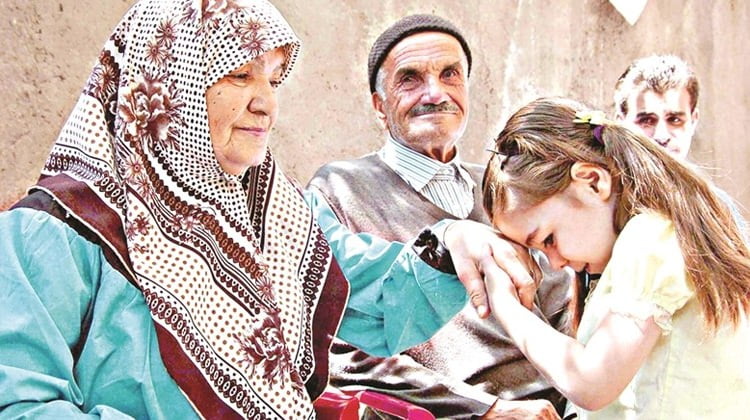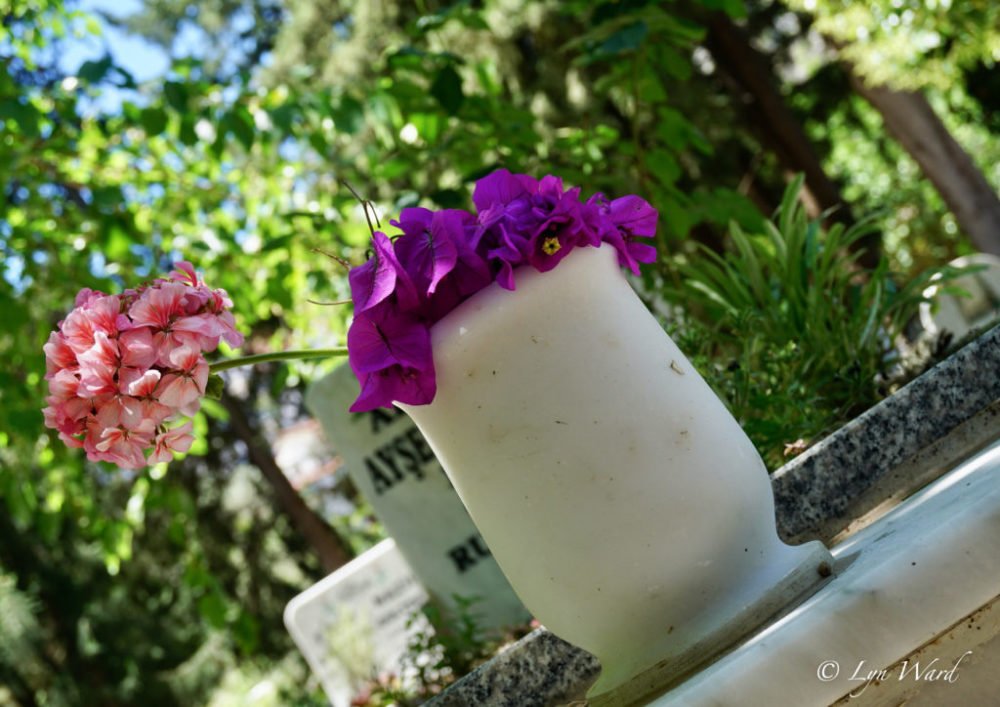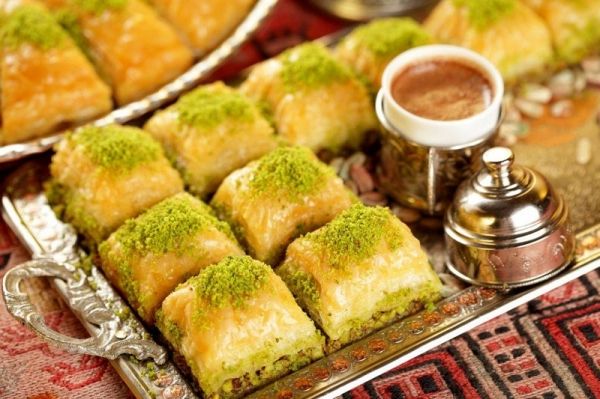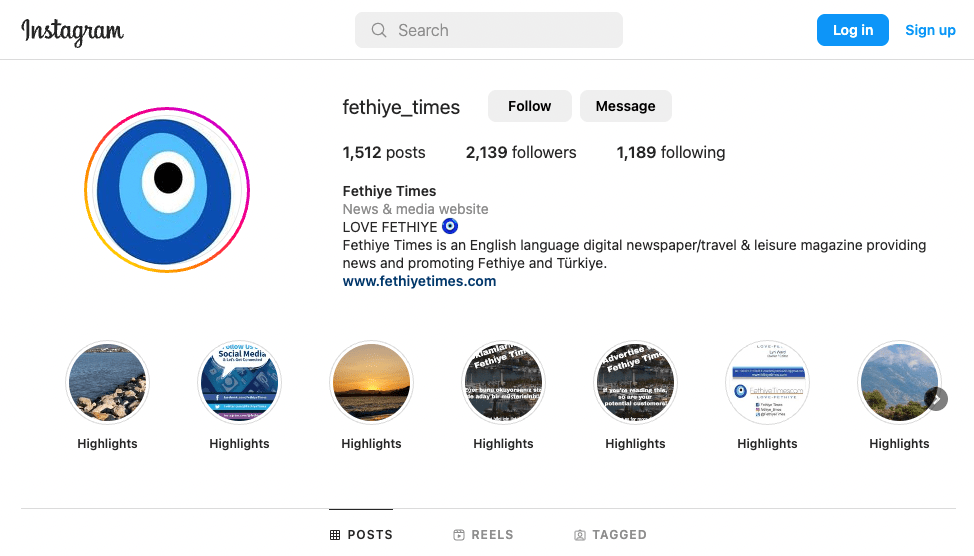This week marks the end of the holy month of Ramadan with the celebration of Eid al-Fitr. In Türkiye, the festival is known as Ramazan Bayramı and is traditionally observed with three days of feasting and family gatherings.
Eid Prayers and Traditions
Muslims begin Eid al-Fitr with a special prayer known as Salat al-Eid. Unlike regular daily prayers, there is no audible call to prayer for this service. Worshippers gather in mosques or open spaces to perform two units of prayer (Rakat), followed by a sermon in which the imam prays for forgiveness, mercy, and peace for all.
It is customary to wear new clothes for the occasion. On the way to the mosque, many Muslims eat something sweet, such as a date, and recite a short prayer known as the takbeer.
Eid is a time of gratitude, with Muslims giving thanks to Allah for the strength and self-discipline they demonstrated during Ramadan. Key elements of the celebration include giving to the poor (Zakat al-Fitr), exchanging Eid greetings, and spending time with family.
Family, Reflection, and Traditions in Türkiye
A central part of Ramazan Bayramı is visiting family, particularly elderly relatives, and showing respect by kissing their hands. Children often go door to door, greeting elders in exchange for sweets and small gifts of money.

Many families also visit the graves of loved ones, paying their respects and reflecting on those who are no longer present to share in the festivities.

Şeker Bayramı – The Sugar Feast
In Türkiye, Ramazan Bayramı is also known as Şeker Bayramı (the Sugar Feast) because sweets and traditional desserts play a major role in celebrations. Shops and supermarkets are often stocked with chocolates and treats in preparation for the holiday.

On the first day, the emphasis is on sweet foods. Baklava and şerbet (sweet syrup-based drinks) are commonly served, alongside treats such as muhallebi (rice pudding) and şeker pare (sweet biscuits). In addition to desserts, a variety of savoury snacks like nuts, seeds, and pulses are also enjoyed.

Key Information for 2025
This year, Ramazan Bayramı will be celebrated from Sunday, March 30, to Tuesday, April 1, 2025.
President Recep Tayyip Erdoğan has announced that the Ramazan holiday will be extended to nine days for public employees. As part of this decision, public sector workers will be on administrative leave from April 2 to April 4, following the official holiday period.
During the holiday, government offices, schools, post offices, banks, and some supermarkets will be closed. Travel can be particularly busy, especially on the first and last days, as people either return to their family homes or head off on holiday.
How to Greet Someone During Ramazan Bayramı
The most common greeting among Muslims on Eid is “Eid Mubarak”, meaning “Blessed Festival”. The appropriate response is “Khair Mubarak”, which conveys good wishes in return.
In Türkiye, you may hear people say:
“Bayramınız Kutlu Olsun” – “May Your Feast Be Blessed”
“İyi Bayramlar” – “Good Holidays” (a simple and widely accepted greeting)
“Ramazan Bayramınız Kutlu Olsun” – “May Your Ramadan Feast Be Blessed”
Whatever the greeting, the spirit of Ramazan Bayramı is one of joy, generosity, and togetherness.
Article updated on 27 March, 2025








